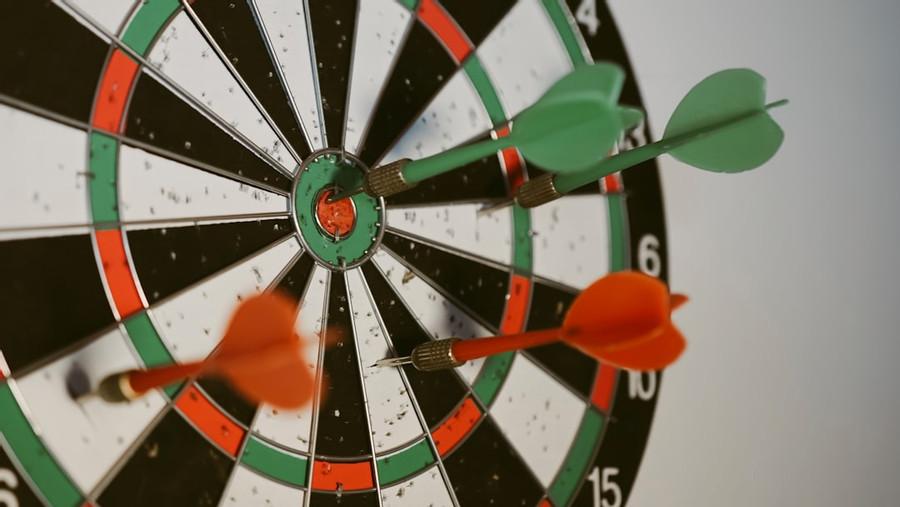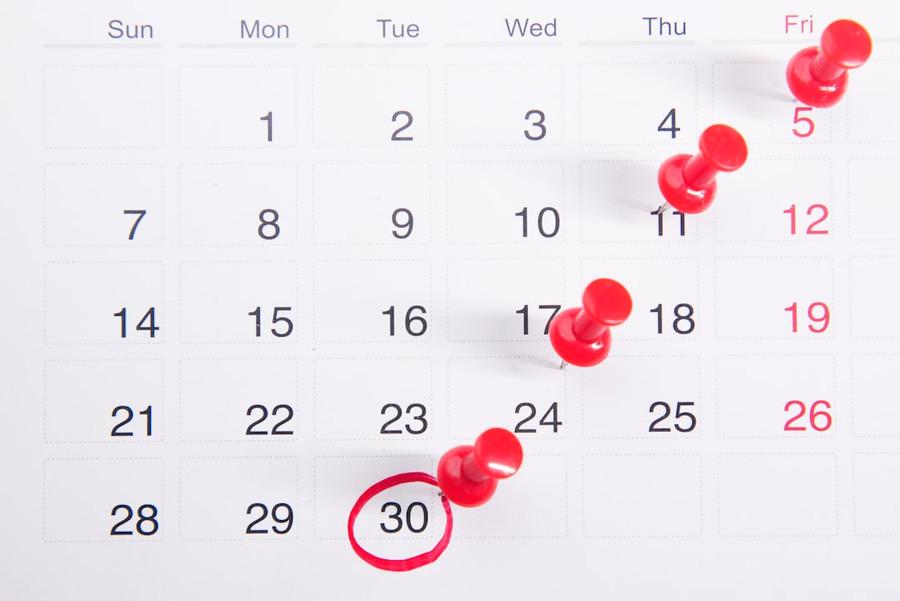Why getting things finished is better than getting things perfect
Curated from: fastcompany.com
Ideas, facts & insights covering these topics:
9 ideas
·1.54K reads
33
Explore the World's Best Ideas
Join today and uncover 100+ curated journeys from 50+ topics. Unlock access to our mobile app with extensive features.
Aiming For Perfection Backfires
The key to getting the most done to the highest level and impressing the most people is actually through aiming for less than perfect. Here’s how to adopt this more effective way of tackling your key projects.
Understand that you can’t do everything all at once and that it’s good to plan so you can pace yourself. But if you struggle with perfectionism, then planning to do something “later” can easily slide into procrastination, because you aren’t willing to start until you reach some optimal state of professional nirvana that never comes.
33
267 reads
Start Today
At the very least, sit down and brainstorm what steps you’ll need to do to get the project done.
You may prefer to record the steps digitally. Either way, you want to start to flesh out what it will take to get things done and start the process of gaining momentum.
32
229 reads
Catch The Perfectionist Habits Early
If you struggle with perfectionist tendencies, once you get started on a project, you’ll need to have a plan for how to stop yourself from investing too much time in individual parts of the work.
As you focus on the production, get the work to an acceptable level in each area with the understanding that you can come back and refine it if you have more time before the deadline. This leads to an overall better outcome than fixating on making a particular part of a project perfect and then having to rush through the rest.
31
183 reads
Give Yourself The Time Limit
The key to success is to give yourself a time limit, do the work, and then move on to the next part. This doesn’t mean everything will always go accordingly to schedule—there may be times when you need to spend an extra 30 to 45 minutes to get something done. But if you’re going hours and hours beyond what you had determined was the appropriate amount of time, then you likely need to stop yourself and move on.
29
164 reads
Focus On The Work, Not The Feedback
Once you get into producing work, you may find yourself getting stressed and overthinking things because you’re wondering how others will respond to what you present. This can lead to analysis paralysis, where you invest much more time in thinking than doing.
To avoid this trap of perfectionism, integrate constructive feedback on how you could improve, but then try to block out thoughts of the future about how people will or won’t respond. Vague concern about whether people will think you’re amazing doesn’t do anything to help you actually get the work done.
31
155 reads
Negative And Invasive Thoughts
When those invasive thoughts slow you down, shut them out with this truth: I can’t control how people do or don’t respond to me. All I can control is what I do now.
This will reduce your stress in the process and help you to get the work done which can lead to better results and therefore better feedback. And even if you do get some legitimate critique that can help you do a superior job next time, that’s okay. A growth mindset is healthy; recognize that you can always develop and improve over time. You don’t need to get everything right all at once.
32
147 reads
Hold Yourself To Every Deadline
If you’ve followed the above pieces of advice, you shouldn’t be scrambling at the last possible minute in order to get work done. You started early enough to at least get the basics done, didn’t over-invest in a particular part, and weren’t wrapped up in what other people might think.
Now the deadline is here: so you give everything a final look over—then ship it out.
- Don’t redo a whole part that was already fine.
- Don’t decide you’re going to go in a different direction.
- Don’t keep refining it so much that it’s so amazing and you miss the deadline.
- Do let it go.
29
127 reads
Don't Deplete Your Energy
Yes, people want you to do excellent work. But many times good work delivered on time actually serves them better.
Your boss, colleagues, and clients don’t need the mental burden of being constantly concerned that if something is in your court it might not get done or very likely will be late. If you consistently start to deliver on time, their trust levels in you will greatly increase, and they’ll need to spend little to no time and energy worrying about whether you’ll come through.
29
133 reads
Let Go Of The Perfectionist Approach
Aiming for 'good enough' can dramatically improve your relationships and reduce work for you because you’ll need to spend less time replying to follow-ups and explaining why the work isn’t done.
A perfectionist approach may seem like a great way to excel in your work, but it’s often counterproductive. If you use a few of these strategies, you can get more done with less stress.
30
138 reads
IDEAS CURATED BY
Whenever I have a problem I just sing, then I realize my voice is worse than my problem
CURATOR'S NOTE
Good enough is good enough.
“
Christopher C.'s ideas are part of this journey:
Learn more about problemsolving with this collection
How to create a productive environment
The importance of self-care in productivity
How to avoid distractions
Related collections
Similar ideas
7 ideas
6 Time Management Personalities and How They Manage Their Time
business2community.com
4 ideas
Now is a time to be aggressively imperfect
fastcompany.com
1 idea
Is Perfectionism Ruining Your Health? | Mark's Daily Apple
marksdailyapple.com
Read & Learn
20x Faster
without
deepstash
with
deepstash
with
deepstash
Personalized microlearning
—
100+ Learning Journeys
—
Access to 200,000+ ideas
—
Access to the mobile app
—
Unlimited idea saving
—
—
Unlimited history
—
—
Unlimited listening to ideas
—
—
Downloading & offline access
—
—
Supercharge your mind with one idea per day
Enter your email and spend 1 minute every day to learn something new.
I agree to receive email updates









